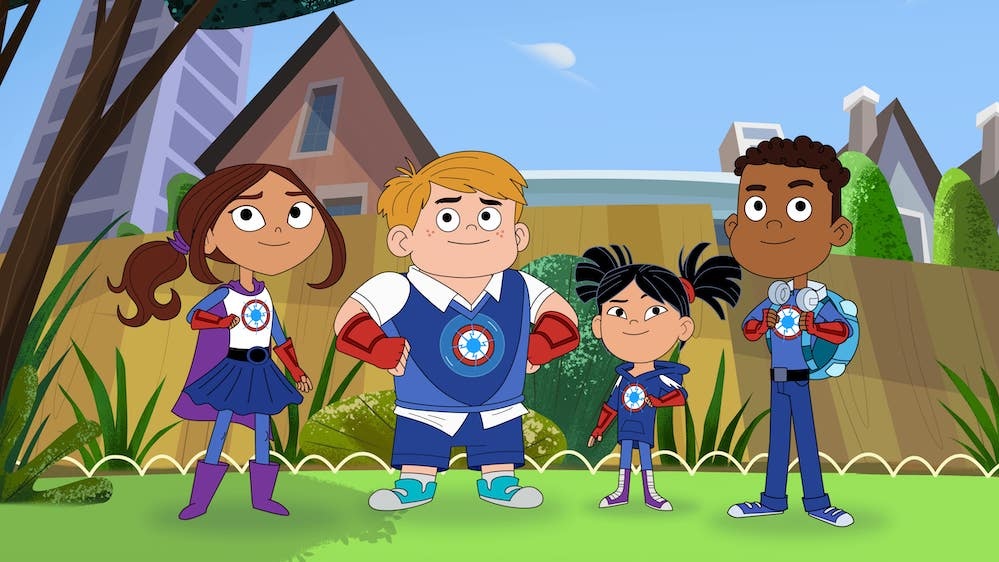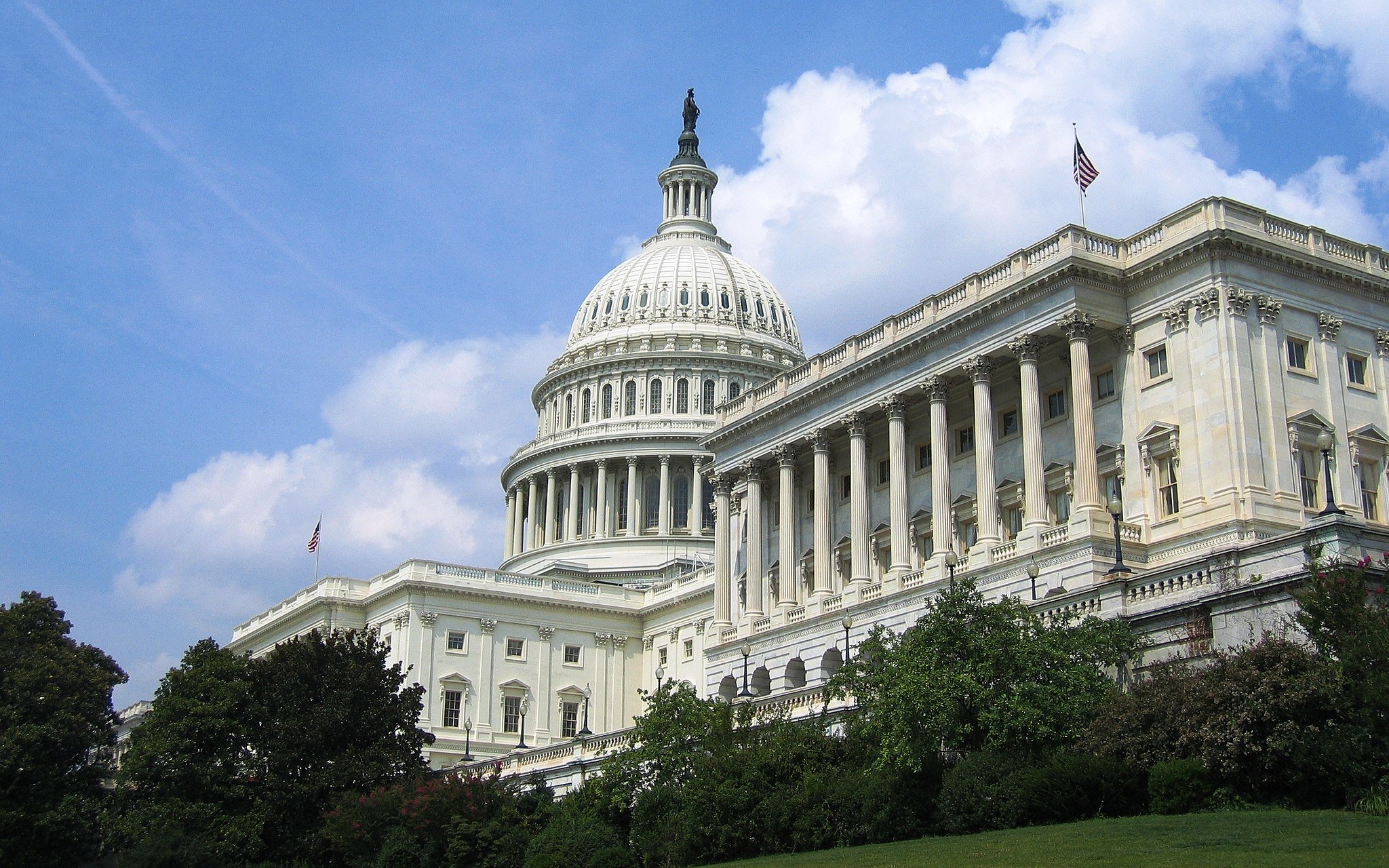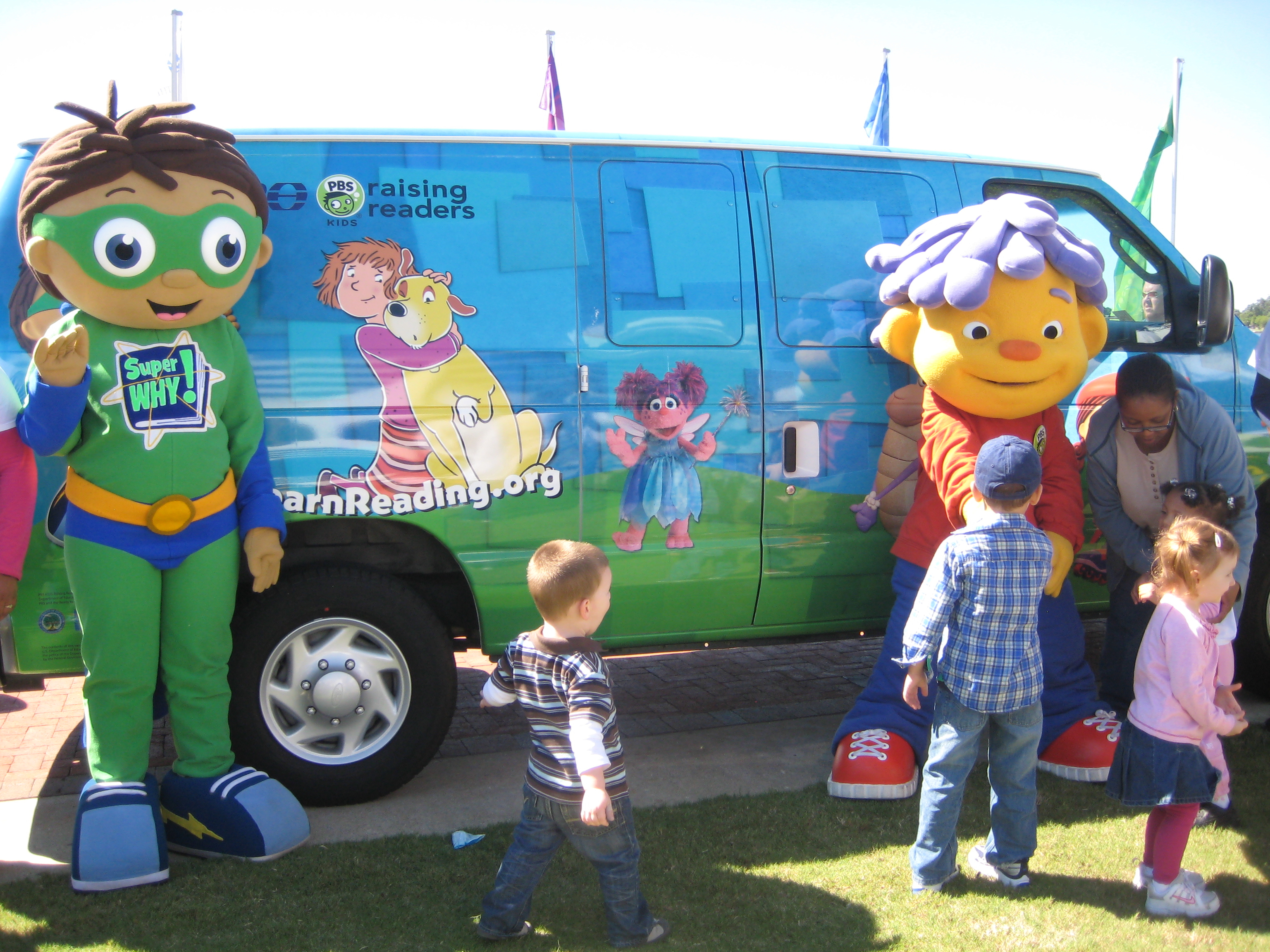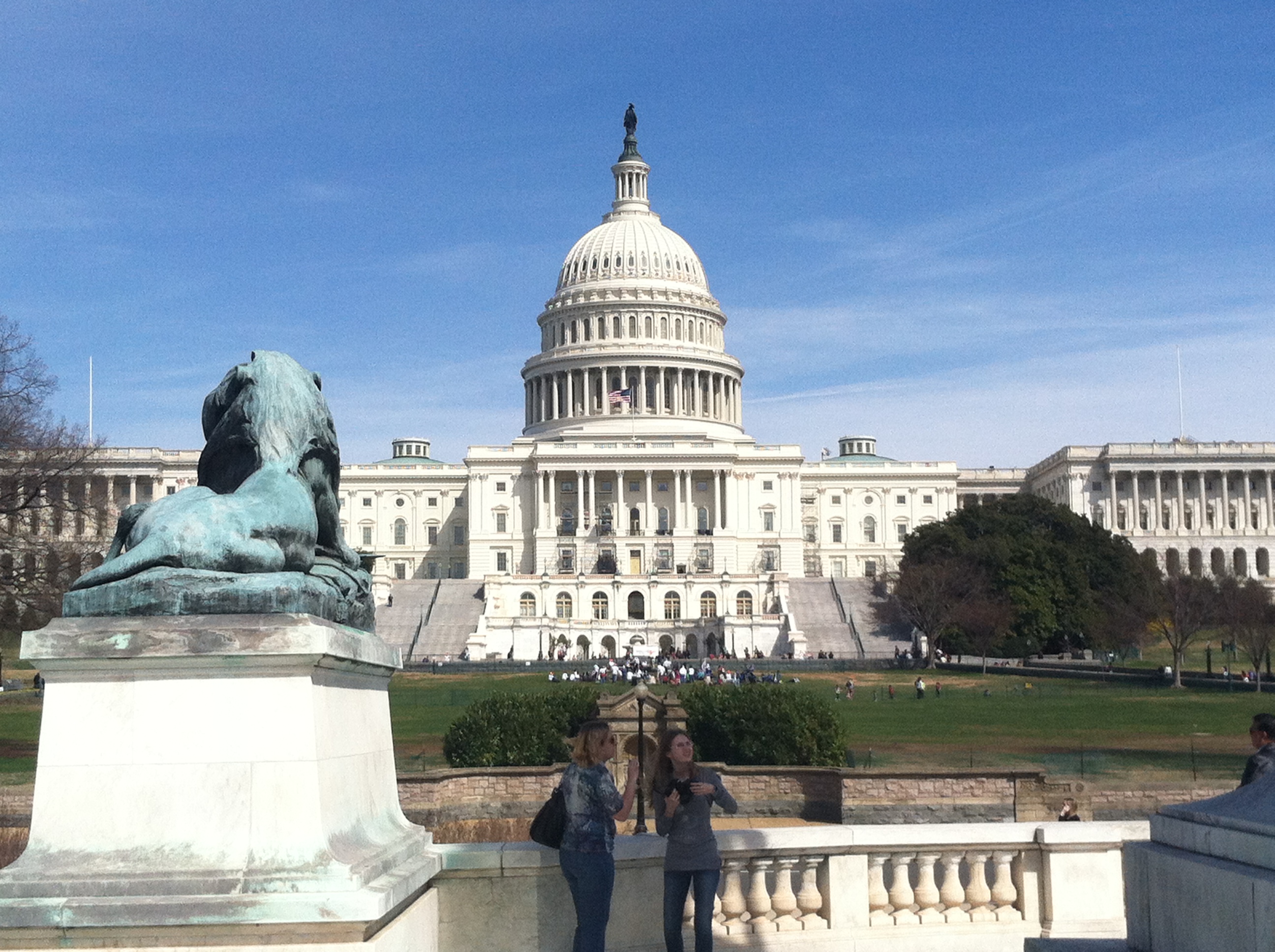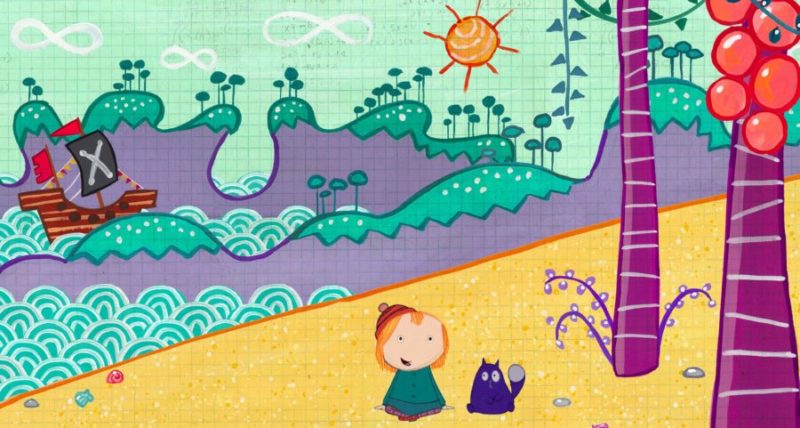Tag: Ready to Learn
Ready To Learn grants to CPB, TPT back four new children’s TV series
Additional programs will be produced by GBH in Boston and Dave Peth.‘Molly of Denali’ ties podcast to broadcast
An eight-episode prequel is setting the stage for the PBS Kids show's July premiere.House Appropriations Committee approves increased Ready To Learn funding, $495M for CPB
The bill would boost Ready To Learn funding by more than $2 million.New Ready To Learn grants will center on ‘community collaboratives’
Fourteen public television stations will each get $175,000.Public media again in bull’s-eye in president’s FY19 plans
CPB would get only $15.5 million next year and $15 million in 2020 to shut itself down.Senate committee gives CPB full funding, $20M for interconnection
Both the House and Senate Appropriation panels defied the president on CPB funding.House committee backs funds for Ready To Learn, passes over interconnection
The committee recommends $25.7 million for the public TV early literacy project.House Appropriations Committee recommends $445M for CPB in 2020
The bill does not include funding for public broadcasting’s interconnection project or public TV’s Ready To Learn.PBS’s Playtime Pad fits with station work on early childhood education
The device’s spotlighting of PBS content is the most appealing aspect for education and engagement executives.Senate passes bill reauthorizing Ready To Learn
The requested $25.7 million in funding for RTL remains unresolved and will be taken up in separate legislation.House approves education bill that would reauthorize Ready To Learn
The Senate is expected to vote on the legislation Monday.NETA attendees get update on funding outlook and auction plans
An Association of Public Television Stations briefing focused on federal funding prospects and the next steps in the FCC’s 2016 spectrum auction.CPB, TPT receive Ready To Learn grants as budget fight looms
The Department of Education awarded $25.5 million in grants in the latest round of RTL funding.Proposed federal budget includes level CPB funding, support for Ready To Learn, new interconnection system
The CPB funds, which are approved two years before being paid out, not only stay at the current level but would include ...CPB, RTL award $2.2 million for public TV school-readiness projects
CPB and Ready to Learn, a U.S. Department of Education program supporting preschool learning, will provide $2.2 million in grants to 21 ...


